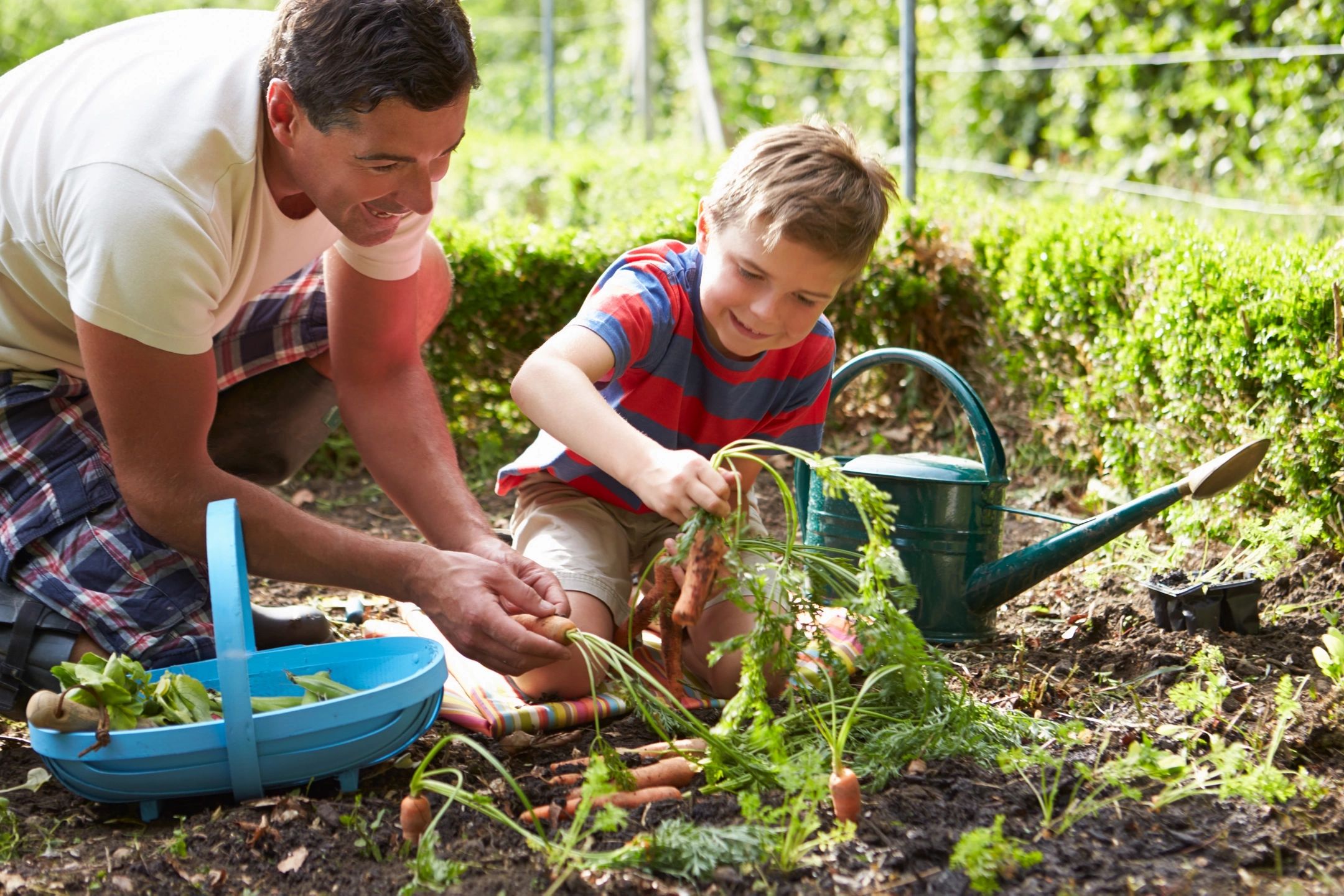Opinion: It is up to us to give Earth Day meaning
Idaho is famous for its beauty and its bounty. From clear blue skies to rich brown soil, the blessings of nature make the Gem State an environmental gem. And like a rare gemstone, this treasure needs protection. Drought and a changing climate threaten the future of many parts of the state. Declines in many species signal the need for awareness and protection.
Earth Day, the largest nonreligious holiday celebrated all across the globe, is an annual reminder that the achievements of environmental protection result from everyone learning and working together. Across national borders, across party lines, across watersheds and valleys, people have pulled together to bring species back from the brink of extinction, curb soil erosion, protect the ozone layer, clean up water and air quality, and restore forests and streams.
Nationally and internationally, we are facing up to challenges like climate change. Regionally, we have new hope for legislation that will finally begin to save salmon while protecting rivers and the many livelihoods they support. Locally, cities like Idaho Falls are working to improve recycling, decrease unnecessary water use and transition to cleaner energy.
At the Community Food Basket’s Happyville Farm, where I work, each week brings new opportunities to build sustainability with people from across our community. People step forward as individuals, as businesses, in local government, schools, clubs and other organizations to join this work to turn an unused acre into an urban, organic farm. We grow fresh produce for the hungry families coming to the Idaho Falls Community Food Basket. In the process, we also create a place where people can enjoy, interact and learn.
Across the country, an increasing number of urban farms like this one preserve green space, provide places for neighbors to come together, and offer opportunities for service and learning. The Happyville urban farm demonstrates some of the ways both rural and urban Idahoans can protect nature, such as through planting for pollinators, maintaining beneficial insect habitat and xeriscaping (landscaping that requires little or no irrigation) to conserve water.
It’s not just selfless altruism that motivates environmental care. Farms see increased profits when they conserve and improve soil. Businesses create new markets when they cut pollution and innovate for more sustainable products. Green space adds to urban livability and increases property values. Social infrastructure, such as an urban farm, creates space and activities that build community cohesion and understanding across diverse backgrounds and generations. More sources of fresh local vegetables and fruit, and the knowledge for growing them, increases nutritional breadth and health. Outdoor educational spaces, especially combining gardening with environmental knowledge, give kids greater opportunities to learn across a wide range of fields.
Caring for nature creates healthier, more sustainable human futures.
The first Earth Day sparked a public drive for new action to protect air, water quality and endangered species. How will each of us give meaning to Earth Day this year? Visit the Happyville Facebook page to volunteer such as by helping kids plant seeds, sharing ways we can help monarch butterflies or handing out bee-friendly flower seed packets.
Claudia Pine is the Precinct 11 captain for the Bonneville Democratic Party.

